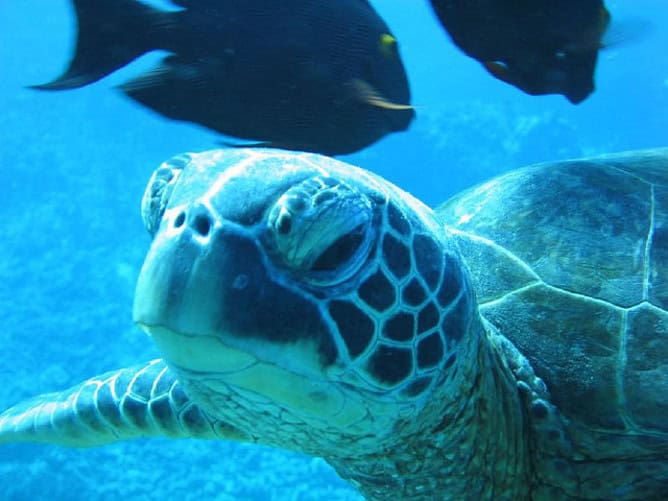SYDNEY (APP) – Rising sea levels from climate change are a threat to sea turtle populations as eggs laid on beaches become submerged in saltwater, Australian scientists said Thursday.
Eggs buried by female turtles in usually “high and dry” areas on beaches could be inundated by rising sea levels and storm surges, a study by researchers from Australia’s James Cook University said.
Published in the Royal Society Open Science journal, the report focused on nests at the world’s largest green sea turtle nesting rookery at Raine Island on Australia’s far northeast coast.
Eggs submerged for one to three hours did not experience a “significant level” of mortality but those underwater for six hours saw a 40 percent rise in turtle embryo deaths. “We are trying to anticipate the early effects,” lead researcher David Pike said.
“In some places it only takes a small rise in sea levels, when combined with a storm or a king tide, to inundate what had previously been secure nesting sites.” Pike said one way to protect the eggs was by using volunteers to move the nests further away from the shoreline. “We might be able to save them with people power,” Pike said.
“The Queensland Department of Environment and Heritage Protection has also been out moving sand around the island to provide turtles with higher elevation nesting sites.”














